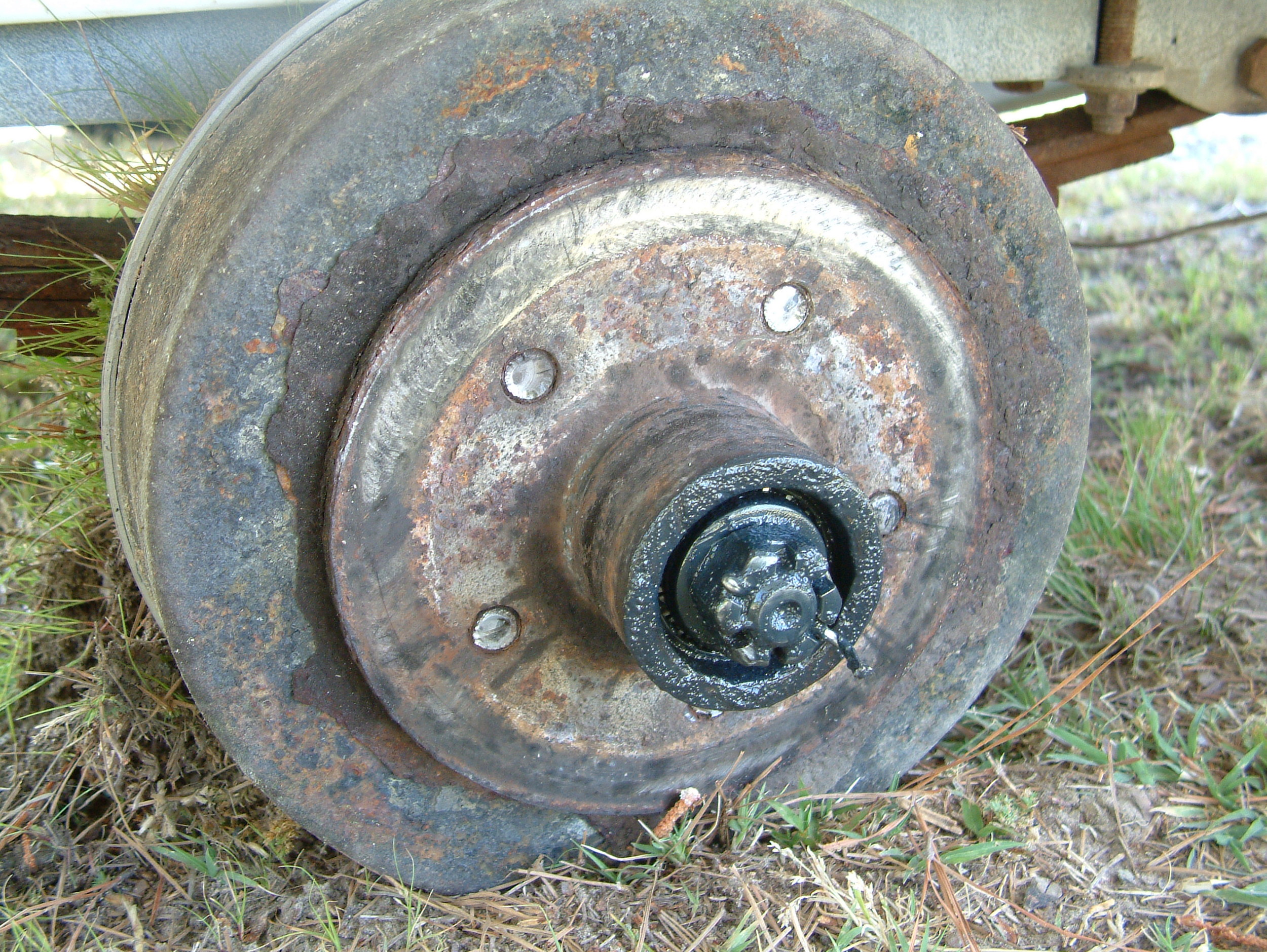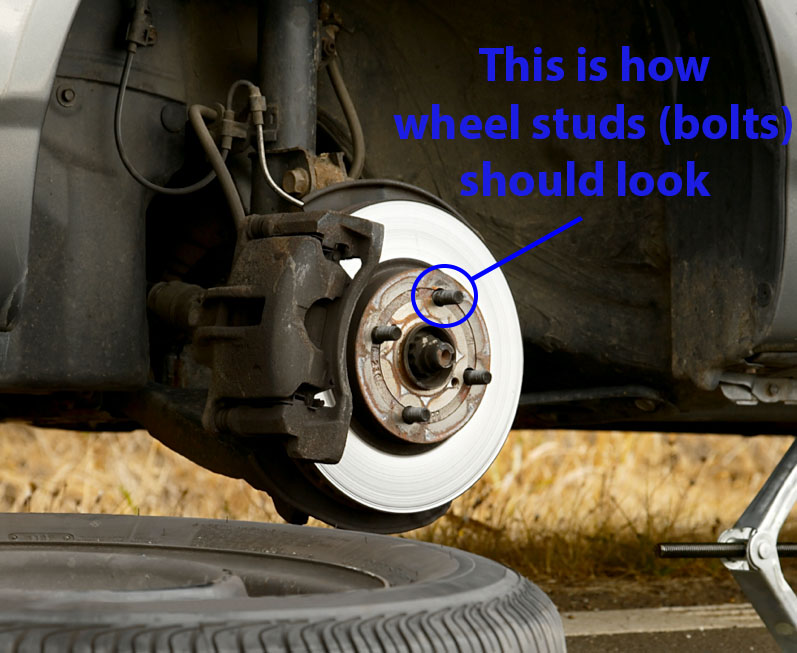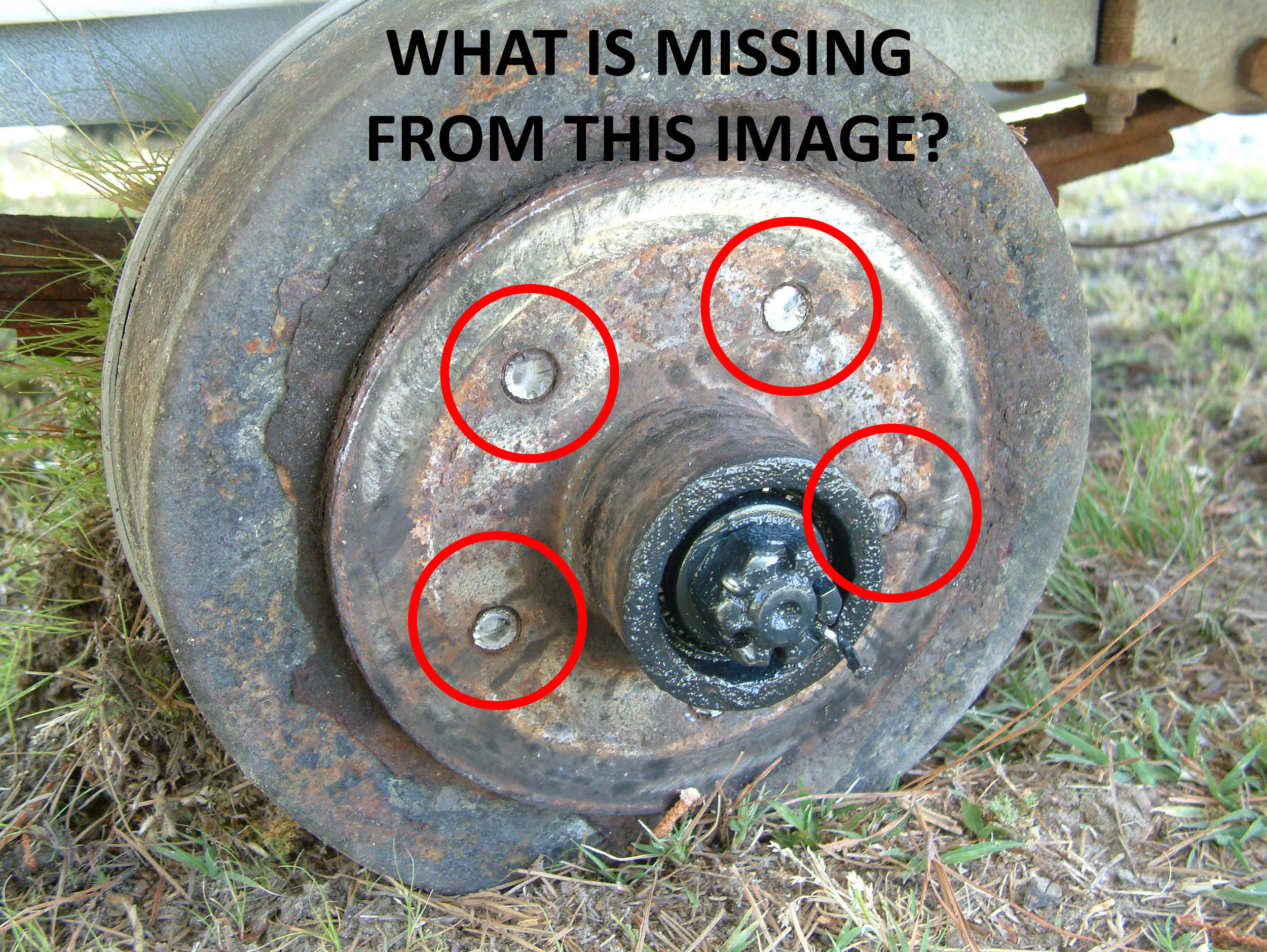Dust in the Wind
Orchids make millions of seeds
A strategy to help succeed
The wind does blow
And off they go
A fungi connection they need
What Did You Expect?
I’m mentioned in Homer’s Odyssey
And kept Odysseus from sea
My pollinators enter
And find no nectar
Oh, how deception suits me
Tricksy Orchidses
Orchids are really quite clever
The paradox does bewilder
Since dormancy
Seems backwardly
Bet-hedging might be the answer
This has been a longstanding head scratcher – why do some orchids undergo periods of vegetative dormancy? During vegetative dormancy, orchids lie low as rootstock, never producing stems or leaves for photosynthesis. And while the mechanisms for how dormant orchids obtain energy are poorly understood, it’s been suggested that orchids continue to exist by using resource reserves or mycorrhizal fungi. Some individuals of the Pink Lady’s Slipper were found to stay dormant more than 20 years! The paradox is why would a species go without sprouting and growing to maturity, and reproducing?
One hypothesis is that they’re hedging their bets by not growing and producing non-viable seeds during times of harsh environmental conditions. Growth and reproduction are expensive endeavors that could prove costly in the short and/or long term. Vegetative dormancy provides a way for orchids to delay or reduce this physiological uphill battle.
Vegetative dormancy is a clever adaptive trait that allows orchids to wait until environmental conditions are favorable or to protect energy invested in growth. Studying vegetative dormancy could help us understand how orchids and other plant species may fair during climate change. This adaptive trait might just be one of the golden tickets that helps prevent orchid extinction.
Beauty and Brains
Orchids are pretty smart
Insect plans they thwart
The flowers they enter
Lead to no nectar
Seduced they play the part
There are three well known North America orchids that deceive pollinators: the Dragon’s Mouth Orchid, Fairy Slipper Orchid and the Large Whorled Pogonia Orchid. How do orchids deceive pollinators? By not offering pollinators a reward.
In the larger orchid world, deception includes:
1. Simulation of a food reward (e.g. nectar and pollen)
2. Mimicry of rewarding flowers (e.g. flower color and shape)
3. Sexual deception (e.g. orchid flower/part of a flower looks like pollinator species; orchid produces pollinators scent)
In an evolutionary context, you wouldn’t think that this kind of deception would pay off in the long run, since non-rewarding flowers usually experience fewer pollinators and can lead to fewer successful pollination events and less viable seeds. Yet pollinator deception still exists and it wouldn’t exist if there wasn’t some sort of evolutionary advantages for deception.
The Dragon’s Mouth, Fairy Slipper and Large Whorled Pogonia orchids all deceive their pollinators by offering no food reward. Naïve bees often get the short end of the stick when it comes to these three orchids. Naïve bees are bees that are newly hatched, “forgetful,” or new to the area, moving from an exhausted food source to a new food source area and not quite wise to the ways of their new world. In their attempts to find nectar, naïve bees get “frustrated” and leave the flower. As they exit the flower, pollinaria, or pollen sacs, are deposited on the naïve bees and transported to the next flower for pollination.
Twinkle Orchid
Twinkle, twinkle, little orchid
Let’s get mycorrhiza sorted
Roots with fungus help supply
Sugar and nutrients to make you spry
Twinkle, twinkle, little orchid
Let’s get mycorrhiza sorted
A mycorrhiza is a kind of fungus that grows on orchid roots. In this relationship, the orchid receives water, sugar and nutrients from fungus, and the fungus receives nearly nothing in return. Check out this orchid life cycle poster for more details: http://sercblog.si.edu/wp-content/uploads/2015/08/OrchidLifeCycleLtrPrint2.jpg
Harold the Rotting Marsh Corpse
The stench was tough to behold
It knocked everyone out cold
A whale did rot
Next to their plot
Gagging they named him Harold
Net Overboard!
Over the bridges we drove with speed
A long field day we had indeed!
The side mirror reflected
Our net defected
Twas crushed beneath the truck stampede
Field Work on a Military Base
Working on base is quite an affair
Our study locations we’d always share
Our radio did call
“Where y’all?”
“Dang, we’re droppin’ munitions there!”
The Back Story: I was wondering why the explosions seemed to get louder as the two PIs (unawares) continued snorkeling their fish transects in the beautiful freshwater streams of Florida. When I radioed in, I found out why. They had 'forgotten' where we were working despite following protocols for working on a military base (checking in at the office, giving them our sampling coordinates, etc.).
Sexism at its Finest
We finally got back to the dock
And a couple wanted to talk
Stereotypes were made
With some serious shade
I couldn't get over the shock!
The Back Story: It's a big world...live and let live. Yet, when John Q. Public grumbled to his wife "don't ask her, she don't know nothing" and indicated that my only job in the field is to "make sandwiches", I take offense and imagine what I might like to see happen in an alternate universe. This is of course after I realize that John Q. Public wasn't kidding. Initially, I thought he was kidding because no one could possibly think like this in this day and age, right? So, I played along stating "Oh no, we have a grill for the boat...so much nicer than just sandwiches". His reaction let me know that he wasn't kidding, he really thought my job was to make sandwiches for my male co-worker. I then quickly removed myself from the conversation. I don't think I've ever transferred research and personal gear from a boat into a lab truck faster than I did that night in Florida!
Anus Gazing
Our oysters can barely cope
Dermo disease ain’t dope
With a tight grip
The anus we rip
And gaze at it under the scope
Would You Like That Thai Hot?
She asked if I’d like it Thai hot
Not thinking I said ‘why not?’
The next day came
Pulling a fish seine
I wished for a “Johnny on the Spot”!
The Back Story: We were conducting field work on Maryland’s eastern shore of the Chesapeake Bay. It had been a long day in the field and by the time we got back our hotel rooms to shower and prep for dinner, it was nearly 9pm. And like most stores and restaurants in small towns, they close up at 5pm sharp. But fortunately we found a place, the only place with lights on, a Thai restaurant…total SCORE! The owner said she would stay open to feed us and she was my hero for the 24-hours…or so I thought. Once seated, I think we were all salivating from reading the delicious menu and smelling the Thai awesomeness wafting out from the kitchen. My head was dizzy from all the food emotions, hunger, delicious aromas, and gratitude that I didn’t even fully process the question “Would you like that Thai hot?” and honestly, in that moment, it didn’t matter…it didn’t matter because I and the rest of the field crew were going to eat like a kings, fat and happy! The next field day began as it normally does with loading field gear and crew into the field vehicle, driving to a remote boat launch or marina, launching the boat, cruising to the remote field site, yadda, yadda, yadda. Nothing out of the norm and we were as smooth as a well-oiled field sampling machine should be! Now, as part of our sampling program, we pulled seines to quantitatively sample for fish and macroinvertebrates. What is a seine you ask? A seine is net, a piece of field gear that scientists use to estimate fish and macroinvertebrate densities at the water-land interface, or what we call the “nearshore zone”. Our net, like most, is 15-meter (45-foot) long with floats along the top to keep the net stretched to the surface of the water, and lead beads along the bottom to keep the net stretched and flush with the sediment surface. A seine net is pulled through the water by two people, one at either end of the net. Now, when you pull a seine net, you use all your core muscles to drag this net through the water which will collect everything from fish, invertebrates, algae, course woody debris, detritus, marsh bits, dead oyster shells, to basically anything in the water column or on the sediment surface. Once the net is pulled, the two ends are joined, encircling everything in the net. At this time, one member of our field team (often me) “Sumo” squats and slowly pulls the net in so that everything if funnel down into a small manageable pocket of net*. As you can imagine, this process requires a fair bit of core muscle strength. Imagine for a moment how you use your core muscles in yoga. Now imagine doing core intensive yoga poses and Sumo squatting after eating a Thai hot dinner the night before. Now you get the picture! By the time I was half way through pulling my first seine, I realized that the Thai hot Thai food was a bad choice for dinner, and we were in a marsh…surrounded by more marsh. The boat ramp was like a 10-minute boat ride away and the closest gas station or convenience mart was likely 15-minutes from the boat ramp. There was no “Jonny on the Spot” to save me…there was only marsh! So, when I finished pulling that seine, I handed my end off to one of the other field technicians and bolted through knee deep water as fast as I could towards the marsh to deeply regret my dinner decision to have it…Thai hot. *there are other ways to pull in a seine; the “Sumo” squat style is unique method for pulling in a seine for processing in habitats that are not beautiful picturesque beaches
Hello, World!
When Trailer Tires Fly!
While traveling to Virginia for work
The truck pitched left with a jerk
I saw something fly
Out of the corner of my eye
Shorn wheel studs and lies did irk!
The Stench of a Long Holiday Weekend
Oh dear god what is that smell
A stench described in Dante’s hell
The power went out
Damn the brown out
My lunch I bade farewell
The Back Story: Clearly this is a limerick about a refrigerator or freezer that went down after a power outage over a long holiday weekend. You may be thinking “Oh, the food in the lab fridge had to be thrown out because it rotted over the weekend” and you would be wrong…so, so, so wrong! This was a sample freezer filled with five or six years’ worth of crab carcasses awaiting funding for trace element (chemistry) analysis. I say ‘carcasses’ because some of the shells weren’t fully cleaned, there were still some meaty bits attached. And I should mention that these samples defrosted and refroze a few times during those five or six years because of previous power outages. Moving on, these crab carcasses sat in the closed sample freezer from Friday evening to Tuesday morning just festering and rotting away in the summer heat because, oh yes you guessed it, the AC in the lab room was also off due to the power outage. The festering rotting crab carcass juice oozed out of freezer and onto the unsealed concrete floor. This means that the unsealed porous concrete lab floor sucked up all that festering rotting stinky crab carcass goodness. We tried cleaning it with bleach, we tried cleaning it with 409, we tried cleaning it with a myriad of other cleaners to no avail. No matter how hard we tried, we couldn’t get rid of the stink! We ended up leaving the lab door open for nearly eight months. At that point, the stink was finally ‘manageable’ and it really didn’t go away until about a year after the incident. Sample refrigerators and freezers get accidentally turned off, go off during power outages or simply die and lab technicians and students are often left with the undesirable task of finding new homes for defrosting samples, cleaning up any leaked messes and/or finding a replacement fridge or freezer. This is a task they don’t tell you about in college and it’s not a task that people in other career fields often experience. So, the next time you have to clean out your office or home refrigerator…remember this story. It will make your task seem…better!
Toto, I Need Some Get Up and Go!
Jonboats are terribly slow
They got no get up and go
The sky grew dark
I began to bark
We gotta outrun that tornado!
Keep It Simple Stupid!
To figure out marsh flooding
Many techniques we were testing
Our collaborator said
Try this instead
Dowels and glue and food coloring


